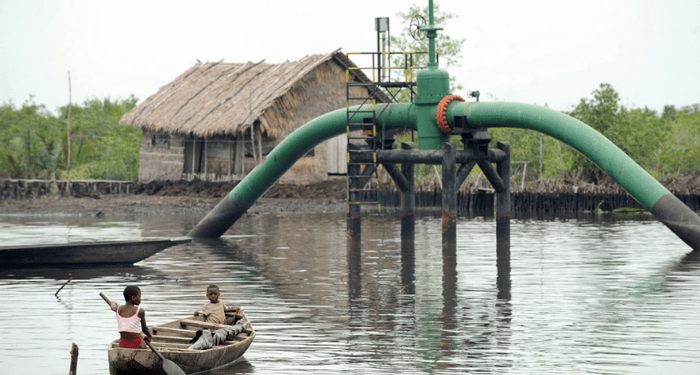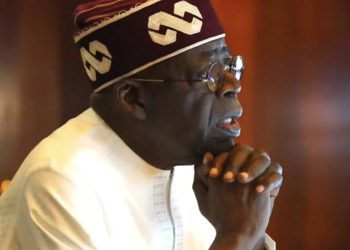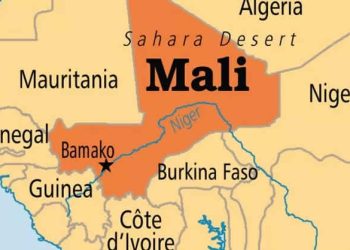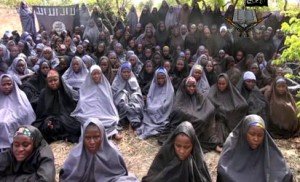Disquiet is mounting in Nigeria’s oil-producing communities over the non-implementation of the Host Communities Development Trust by international oil companies.
Established under the Petroleum Industry Act of 2021, the HCDT requires IOCs to deposit 3.0 per cent of their operating expenditures into a trust fund dedicated to community development projects spanning infrastructure, education, healthcare, and environmental protection.
These trusts are overseen by a Board of Trustees and a Management Committee, ensuring community involvement in development efforts.
Recently, the Senate Committee on Host Communities directed the Nigeria Upstream Petroleum Regulatory Commission to sanction any IOC that fails to adhere to the PIA’s mandate to establish HCDTs.
The committee welcomed the relative peace in the Niger Delta, which followed the PIA, and emphasised that firms flouting the law would not escape appropriate punishment.
Benson Agadaga, Chairman of the Senate Committee on Host Communities, made these remarks at the inauguration of seven key projects by Total Energies at the Obagi Oilfield HCDT in Ogba/Egbema/Ndoni LGA, Rivers State.
These projects—covering infrastructure, healthcare, agriculture, livelihood support, human capacity development, and economic empowerment—illustrate the potential impact of well-implemented HCDTs, which place host communities at the centre of development planning and execution.
Despite such progress, concerns remain. Mike Emuh, National Chairman of Host Communities of Nigeria Producing Oil and Gas and Pipeline Impacted States, insists that oil companies have largely failed to follow through on the HCDT provisions of the PIA.
He warned that the “good intentions” of the trusts are being undermined by implementation challenges, stressing that these difficulties should not define the future of host community development. Given Nigeria’s massive infrastructure deficit and socio-economic needs, the expectations for the trusts are both fair and urgent.
Historical grievances underscore these tensions. Attacks on oil pipelines are frequently linked to the discontent of oil-bearing communities, whose lands suffer environmental degradation and economic neglect.
The Ogoni crisis remains a glaring reminder of this, where environmental pollution and repression culminated in the execution of activist Ken Saro-Wiwa and eight others under the Sani Abacha regime in 1995—a dark chapter in the nation’s history.
These environmental scars and chronic poverty continue to plague oil-producing areas, demanding robust remediation like the massive $62 billion fine faced by oil giant BP following the Gulf of Mexico Deepwater Horizon spill in 2010. Environmental cleanup is indispensable because communities deserve to live in safe, habitable environments.
In response to accusations of neglect, IOCs often point to various developmental projects and cash gifts as evidence of their commitment.
However, the HCDTs represent a vital mechanism for transparency and accountability, ensuring that host communities are engaged and have ownership of the development processes that affect them.
Total Energies’ Managing Director in Nigeria, Matthieu Bouyer, noted that within the Community Development Plan of the HCDT, 539 projects were identified and approved across 64 host communities.
He emphasised that the seven recently inaugurated projects reflected community priorities outlined in the CDP and executed by locally chosen boards.
Nonetheless, the current framework often sidelines host communities, treating them as passive beneficiaries rather than active owners. This disconnect hinders proper monitoring of development projects, leaving room for abandonment and mismanagement.
For HCDTs to succeed, they must be autonomous and accountable to their communities, enabling effective monitoring, evaluation, and timely delivery of objectives. Only then can the cycle of abandoned projects be broken, and meaningful progress achieved.
IOCs must fully implement their obligations under the PIA by actively funding and managing Host Communities Development Trusts in collaboration with local stakeholders.
The government and regulatory bodies like the NUPRC should rigorously enforce compliance to protect the interests of communities enduring the environmental and economic impact of oil production.
Genuine community ownership, transparency, and accountability are the pillars on which lasting peace and prosperity in Nigeria’s oil-producing regions will depend.















































